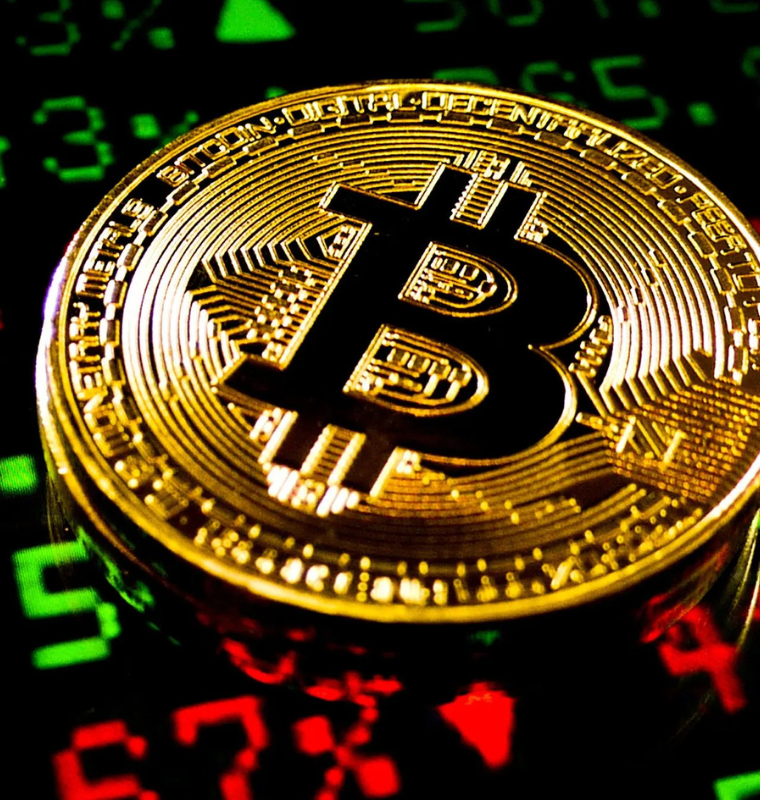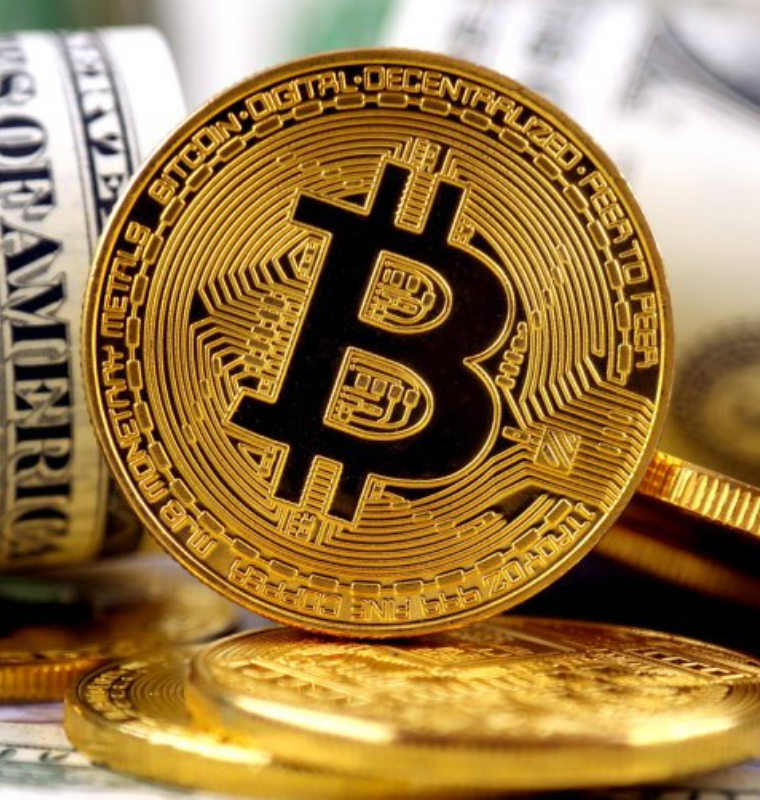U.S. Bancorp Launches Dedicated Unit to Pioneer Tokenized Money Flows
U.S. Bancorp Launches Dedicated Unit to Pioneer Tokenized Money Flows
By
Calder Monroe
Last updated:
October 16, 2025
First Published:
October 16, 2025
.webp)
Photo: Bloomberg.com
A turning point for legacy finance
In a significant move that signals the growing convergence between traditional banking and blockchain technology, U.S. Bancorp has announced the formation of a dedicated unit focused on tokenized money flows. This initiative marks one of the first serious steps by a major American bank to integrate blockchain-driven tokenization into its financial infrastructure, moving beyond pilot programs into a fully operational division.
Understanding tokenized money flows
Tokenized money flows refer to the digital representation of real-world funds using blockchain-based tokens that can be transferred instantly across a secure network. Unlike conventional wire transfers or ACH systems, these tokens enable near-instant settlement, continuous traceability, and programmable transaction logic. This means businesses and consumers could experience faster, more transparent, and more efficient payment processes.
Bridging traditional finance with blockchain innovation
For decades, the banking sector has relied on outdated rails that are expensive and slow. By adopting tokenization, U.S. Bancorp is attempting to modernize its core systems while maintaining compliance with federal regulations. The goal is to blend the efficiency of decentralized technology with the trust and oversight of regulated finance. In doing so, the bank positions itself as a pioneer in what many experts call the “digitization of money movement.”
A strategic response to changing market demands
The rise of blockchain-based financial platforms has created a competitive pressure for traditional institutions. Customers now expect faster and cheaper international transfers. Fintech startups are already using tokenized systems to deliver these services. U.S. Bancorp’s decision to enter this arena demonstrates its awareness that waiting on the sidelines could result in being left behind as the financial landscape evolves.
Partnerships and internal innovation
Insiders suggest that the new unit will collaborate with blockchain infrastructure firms and enterprise-grade tokenization platforms. By combining in-house expertise with external innovation, the bank aims to build a scalable system capable of handling both retail and institutional-grade token transactions. The unit will reportedly start by focusing on payment flows for corporate clients before expanding to consumer-facing applications.
Potential benefits for clients
For large businesses managing complex payment networks, tokenized money flows can eliminate delays in settlements and reduce transaction costs. U.S. Bancorp’s clients could soon enjoy real-time reconciliation, automated invoice matching, and cross-border payments that clear within seconds rather than days. This operational speed has the potential to revolutionize cash flow management and corporate liquidity planning.
Regulatory caution meets digital ambition
Despite its enthusiasm, U.S. Bancorp remains cautious about compliance. Tokenized financial systems still face evolving regulatory frameworks, especially concerning anti-money laundering and data privacy laws. The bank’s legal and compliance teams are reportedly working closely with federal authorities to ensure that the technology operates within existing financial rules while preparing for future digital asset regulations.
Impact on the broader banking industry
The creation of a dedicated tokenization division by a major American bank is likely to influence other institutions. Banks such as JPMorgan and Citi have explored token-based payment systems, but U.S. Bancorp’s approach suggests a more hands-on commitment to operational transformation. This could spark a wave of similar initiatives across the industry, accelerating the normalization of tokenized transactions in mainstream banking.
A cautious yet bold step into the future
U.S. Bancorp’s move is not without risk. Technological integration, cybersecurity, and public perception all play crucial roles in determining success. However, by taking this calculated step, the bank is showing that it recognizes blockchain not as a passing trend but as a foundational layer of future finance. The shift may also redefine what customers expect from financial service providers in the next decade.
Looking ahead: tokenization as the new standard
If U.S. Bancorp’s experiment proves successful, it could reshape how money moves across the global economy. Tokenization may soon become as fundamental as online banking once was. The initiative reflects a broader transformation within finance, where innovation and regulation must coexist to create a faster, smarter, and more inclusive financial ecosystem. The future of banking appears to be one where physical cash and digital tokens coexist seamlessly within a unified economic framework.
Popular articles
Subscribe to unlock premium content
Disney’s Timeless Magic and How the Entertainment Giant Continues to Shape Culture and Innovation

Imran Khan’s Economic Missteps Amid Political Chaos in Pakistan

The Philippines’ Digital Shift How Remittances and BPO Are Fueling Growth

Disney’s Timeless Magic and How the Entertainment Giant Continues to Shape Culture and Innovation

Imran Khan’s Economic Missteps Amid Political Chaos in Pakistan

Disney’s Timeless Magic and How the Entertainment Giant Continues to Shape Culture and Innovation









